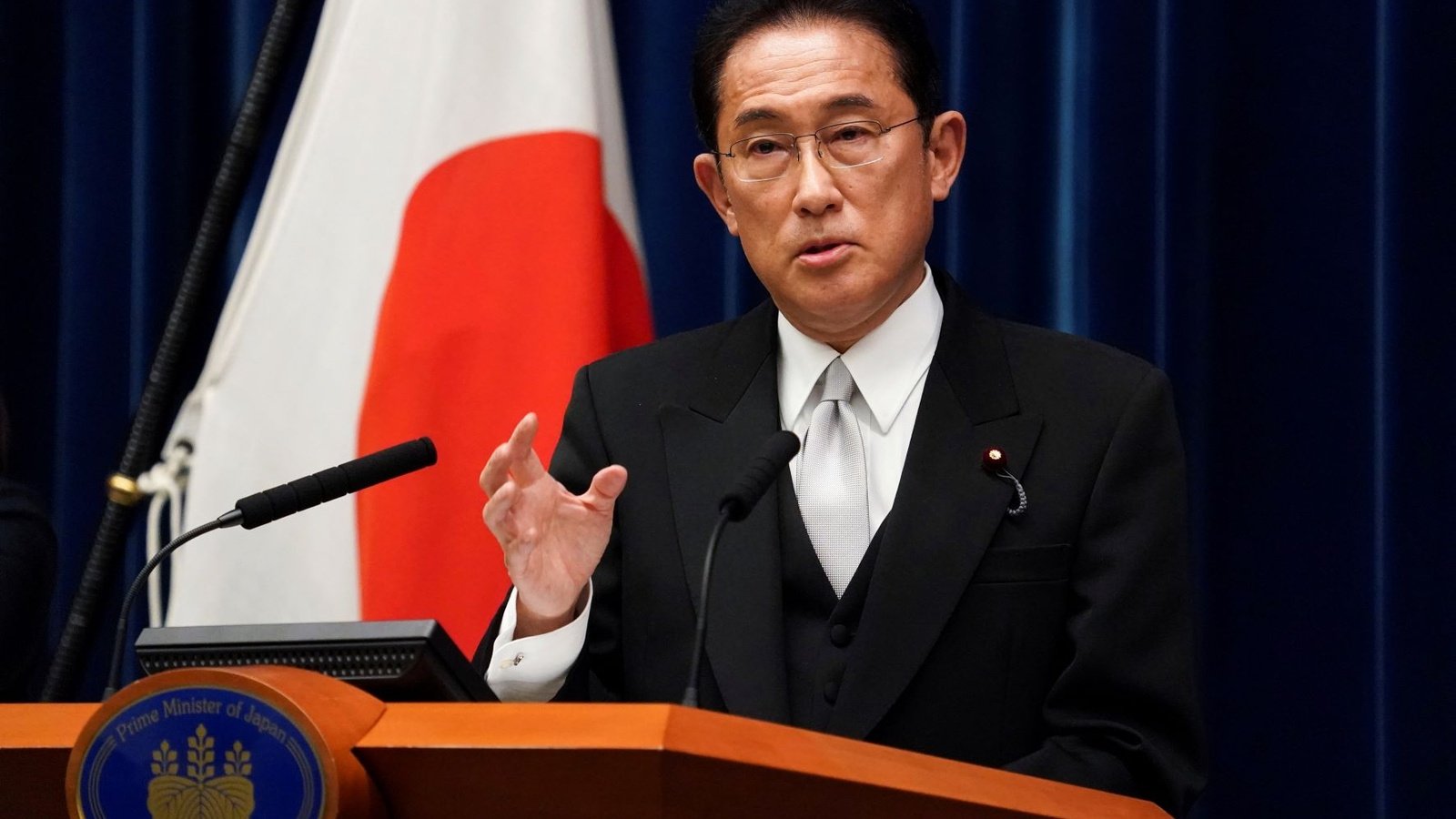El escenario político en los Países Bajos ha cambiado considerablemente tras la dimisión del ministro de Asuntos Exteriores. La decisión se produce después de que los intentos de promover sanciones internacionales contra Israel no obtuvieran el apoyo necesario, lo que llevó a una creciente presión política y a dudas sobre la capacidad del ministro para alcanzar importantes objetivos diplomáticos.
The declaration has ignited extensive debate in Dutch political spheres and elsewhere, highlighting the intricacies of international relations, particularly concerning controversial topics such as sanctions and stances on foreign policy. The inability to reach agreement on this issue illustrates the wider difficulties that European countries encounter when tackling delicate geopolitical disputes.
The minister’s decision to step down is not just a personal choice but reflects a political message that underscores the burden of responsibility borne by individuals in top government positions. Reports suggest that the foreign minister was outspoken about requiring tougher actions, pointing out humanitarian issues and the significance of responsibility in international governance. Nevertheless, disagreements within and opposition from various other countries eventually resulted in the initiative lacking adequate backing.
Some experts point out that this change might affect the diplomatic position of the Netherlands in the future. With the appointment of a new foreign minister, there is speculation about whether the administration will persist with similar actions or choose a more balanced tactic to preserve global relations. Commentators indicate that the departure could also weaken the Netherlands’ authority in promoting human rights and international legislation, especially if there is no defined successor plan.
Reactions have been mixed, with some political figures praising the minister’s commitment to principle, while others argue that the decision to resign was premature and could create instability at a crucial time for European diplomacy. Civil society organizations advocating for stronger action in the region have expressed disappointment over the lack of progress, emphasizing that the situation calls for continued efforts rather than setbacks.
This resignation adds to a growing list of political shifts across Europe related to foreign policy debates. It illustrates how deeply polarized opinions are on issues of international conflict and the measures countries should take in response. The Netherlands now faces the task of appointing a new leader who can navigate these complex dynamics while balancing domestic expectations with global responsibilities.
The resignation highlights the difficulties faced by democratic countries when attempting to reconcile moral stances with effective diplomacy. Although the attempt to enforce sanctions was unsuccessful on this occasion, discussions concerning responsibility, global law, and human rights remain ongoing. This result could potentially influence upcoming strategies, not only in the Netherlands but also throughout the wider European Union, as administrations persist in understanding their responsibilities in international matters.


